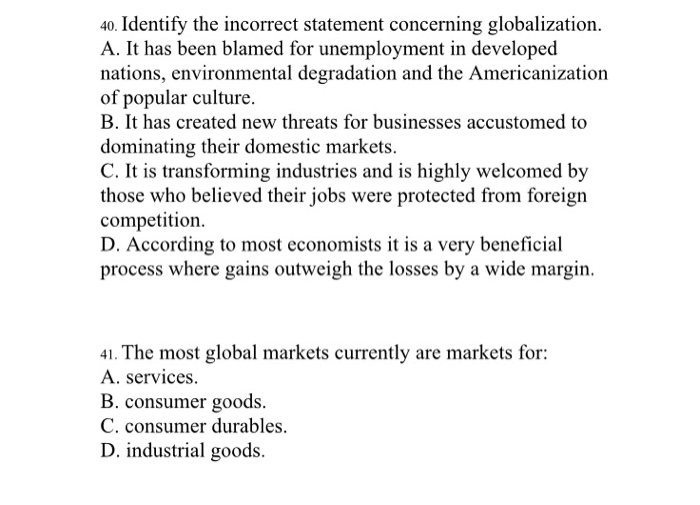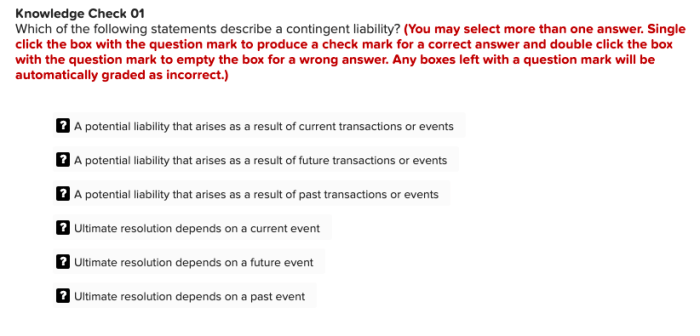Which statement is incorrect concerning the specialty of endodontics? Endodontics, a specialized field within dentistry, focuses on the diagnosis, prevention, and treatment of diseases and injuries of the dental pulp and the tissues surrounding the root of the tooth. This engaging narrative explores common misconceptions and incorrect assumptions about endodontics, providing a comprehensive understanding of its unique role in maintaining oral health.
Endodontists possess specialized skills and expertise, distinguishing them from general dentists and other dental specialists. They employ advanced technologies and techniques to effectively manage complex dental conditions, ensuring optimal treatment outcomes and patient comfort. Collaboration between endodontists and other dental professionals is crucial for providing comprehensive and interdisciplinary care.
Definition of Endodontics: Which Statement Is Incorrect Concerning The Specialty Of Endodontics

Endodontics is a dental specialty that focuses on the diagnosis, prevention, and treatment of diseases and injuries to the dental pulp, the soft tissue inside the tooth that contains nerves, blood vessels, and connective tissue.
Scope and Focus
Endodontists are dental specialists who have undergone additional training and education in the diagnosis and treatment of dental pulp and periradicular (around the root) tissues. They play a vital role in preserving natural teeth and maintaining oral health.
Primary Procedures and Treatments
The primary procedures and treatments performed by endodontists include:
- Root canal therapy: A procedure to remove infected or damaged dental pulp and seal the root canal system to prevent further infection.
- Endodontic surgery: A surgical procedure to access and treat infected or damaged dental pulp that cannot be treated with root canal therapy.
- Retreatment: A procedure to re-treat a previously treated root canal system that has become re-infected or has not healed properly.
- Apexification: A procedure to seal the root end of an immature tooth that has not fully developed.
- Periradicular surgery: A surgical procedure to remove infected or damaged tissue around the root of a tooth.
Incorrect Statements

Common Misconceptions
There are several common misconceptions or incorrect assumptions about endodontics:
Example 1
Incorrect Statement:Root canal therapy is a painful procedure.
Explanation:Modern root canal therapy is performed under local anesthesia and is typically no more painful than a routine dental filling.
Example 2
Incorrect Statement:Endodontic treatment weakens teeth.
Explanation:Properly performed endodontic treatment actually strengthens teeth by removing the infected or damaged dental pulp and sealing the root canal system.
Role of Endodontists

Unique Skills and Expertise
Endodontists have specialized skills and expertise in:
- Diagnosing and treating dental pulp and periradicular diseases and injuries.
- Performing root canal therapy and other endodontic procedures.
- Using advanced technologies and techniques to enhance treatment outcomes.
- Educating patients about dental health and the importance of preventive care.
- Specialized training and education in endodontics.
- Focus on diagnosing and treating dental pulp and periradicular diseases and injuries.
- Use of advanced technologies and techniques specifically designed for endodontic procedures.
Differences from General Dentists and Other Specialists, Which statement is incorrect concerning the specialty of endodontics
Endodontists differ from general dentists and other specialists in their:
Quick FAQs
Is endodontics the same as general dentistry?
No, endodontics is a specialized field within dentistry that focuses specifically on the diagnosis and treatment of diseases and injuries of the dental pulp and the tissues surrounding the root of the tooth.
Do endodontists only perform root canals?
While root canal treatment is a common procedure performed by endodontists, they also provide a range of other services, including diagnosis and management of dental pain, traumatic dental injuries, and surgical procedures related to the dental pulp and surrounding tissues.
Are endodontic procedures painful?
Modern endodontic techniques and technologies prioritize patient comfort. Local anesthesia is typically used to minimize any discomfort during the procedure, and post-operative pain can be managed with over-the-counter pain relievers.